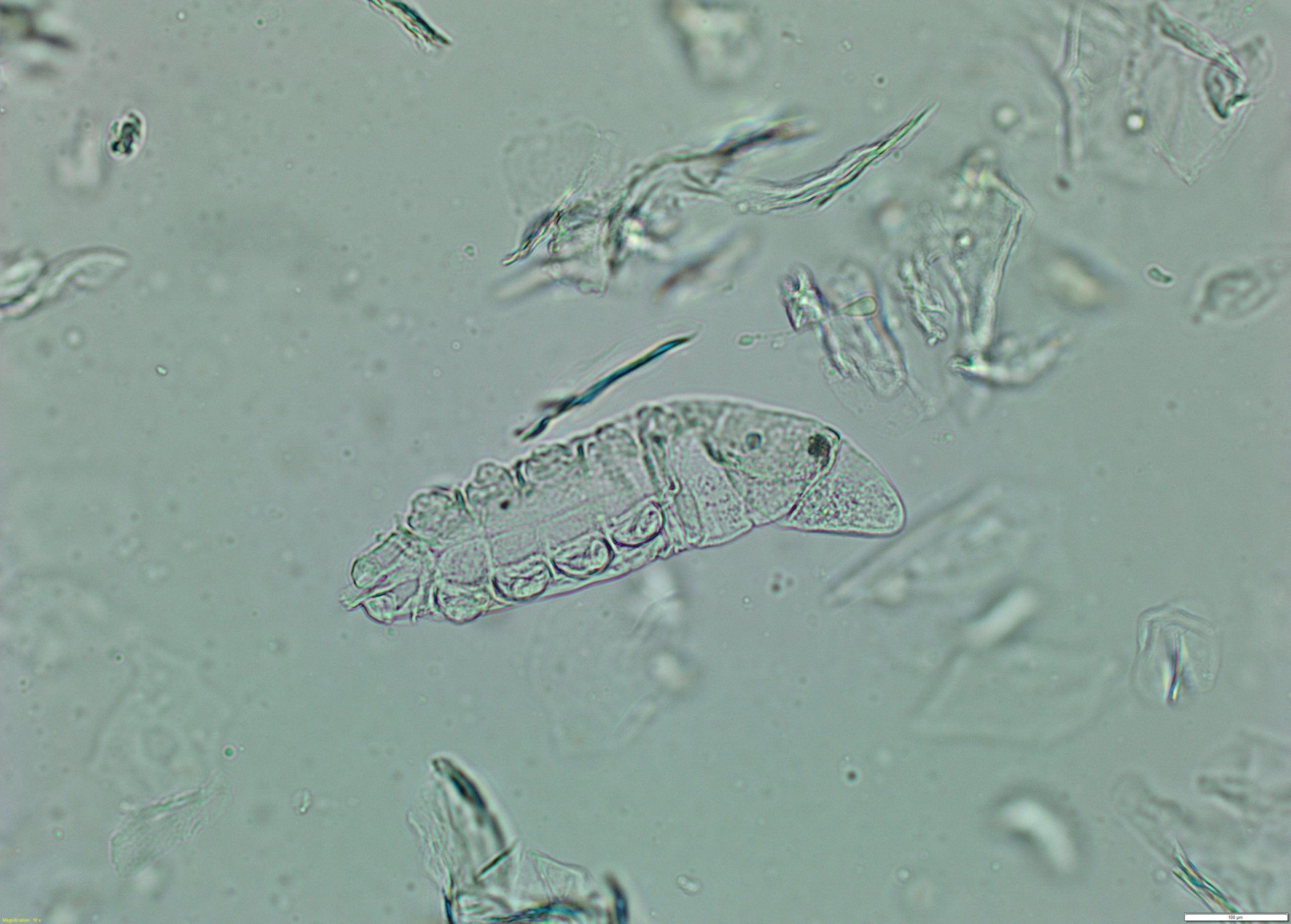In August we brought you a case report of localised demodicosis in a dog with a hot-spot that was being concurrently treated with oclacitinib. We have subsequently been informed that the dog was actually less than 12-months-old at the time of presentation and thus represented a case of juvenile-onset demodicosis.
Juvenile demodicosis in the generalised form is strongly associated with certain breeds and is believed to have a genetic basis related to an altered or deficient immune response to the mites. [1] It is important though that juvenile cases are not assumed to be solely due to genetic predisposition and that consideration is given to whether any other underlying factors are present that could have contributed to the development of disease. [2]
Demodicosis is not listed as a precaution on the prescribing information for oclacitinib in New Zealand but is present on the label for countries that report to the Food and Drug Administration (FDA), such as the United States. Oclacitinib is not recommended for dogs under 12 months of age.
The precaution for demodex for Apoquel® was listed as a consequence of a pre-registration overdose study performed in 4-6-month old dogs. These dogs were treated with multiple times the recommended dose twice daily, for four months. The study was terminated early because some dogs receiving 3x and 5x over-dose developed adverse events related to immune suppression including generalized demodicosis.
Because of the age restriction, in this case, oclacitinib was being used in an off-label manner. The use of medications “off-label” should be carefully considered in light of any relevant literature. Contacting the drug manufacturer for advice before using medicines off-label is strongly recommended and client consent should be obtained. Alternative therapies are available that are licensed for use in dogs under 12-months of age.
This case highlights the value diagnostic testing plays in the work up of a pruritic dog, and the need to rule out ectoparasites as a potential cause of itch with effective products such as one from the isoxalaner family.
References:
1. O’Neill, D.G., et al., Juvenile-onset and adult-onset demodicosis in dogs in the UK: prevalence and breed associations. J Small Anim Pract. 61:32-41, 2020.
2. Mueller, R.S., et al., Diagnosis and treatment of demodicosis in dogs and cats. Clinical consensus guidelines of the World Association for Veterinary Dermatology. Vet Dermatol. 31:4-e2, 2020.

